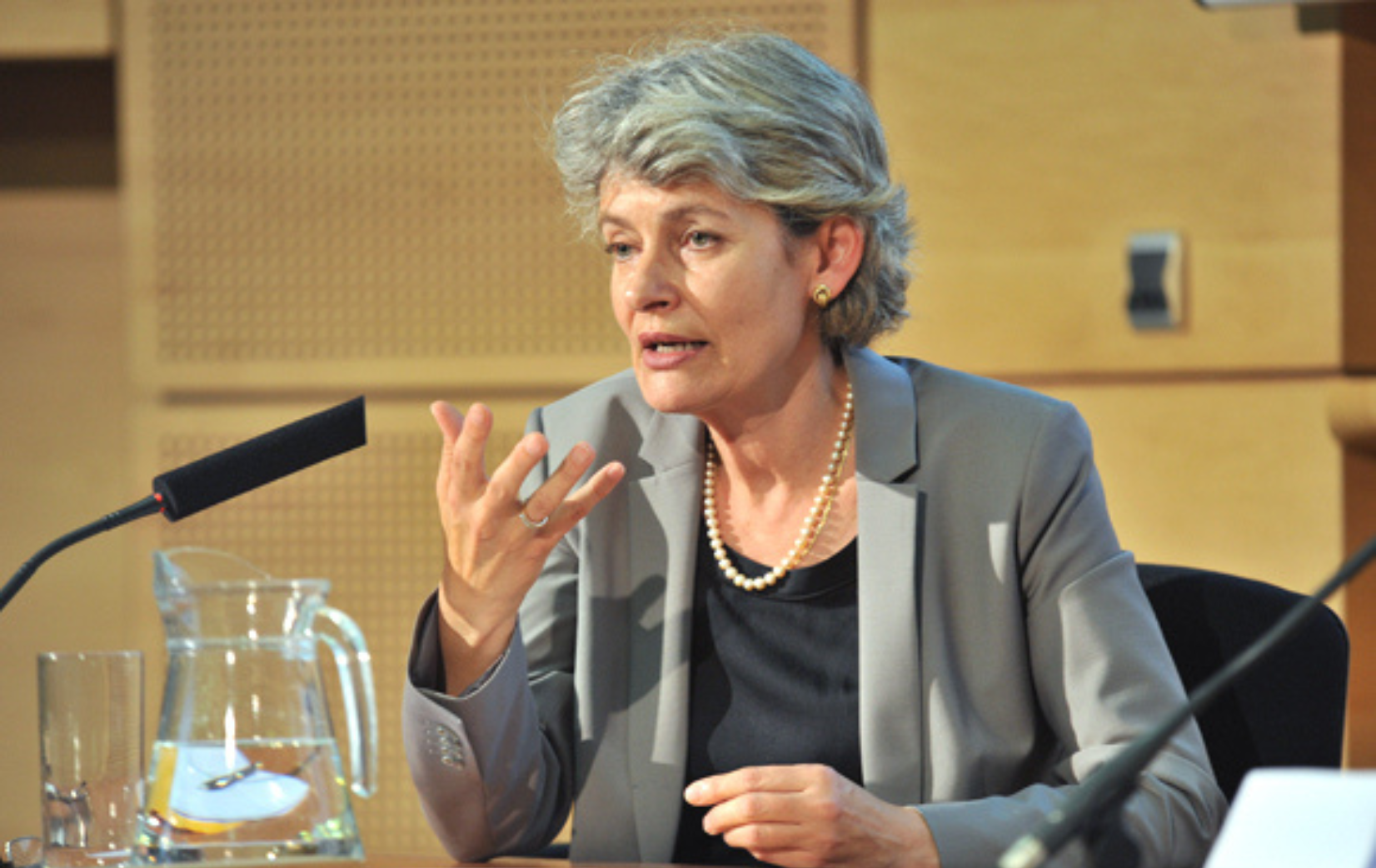Meeting Irina Bokova is like stepping into a masterclass on leadership. The former UNESCO Director-General has spent decades working inside the world’s most complex institutions yet speaks with a clarity and calm that make big ideas feel possible.
As the UN General Assembly opens in New York and the world prepares to mark 30 years since the Beijing Declaration at the upcoming UN Women’s Conference, Bokova’s perspective feels indispensable. She embodies the belief that you don’t improve the world by lamenting it but by taking responsibility for it and orienting yourself to the highest good.
The UN at 80 is often dismissed as a relic; in Bokova’s hands it looks like a living, breathing organism. She has consistently drawn in civil society, academia, and — crucially — the private sector, making the UN a platform that adapts rather than ossifies. Without it, she suggests, we’d be left with fragmentation and conflict.
Her career has been a testament to turning slogans into systems. She calls gender equality the “unfinished business” of the 20th century — and the keystone of the 21st. The data back her up: educate and empower women and everything else improves — family health, economic growth, social stability. “When women gain, men don’t lose. Society as a whole wins,” she says.
That’s why the 30-year return to Beijing matters. It isn’t just another meeting; it’s a moment of reckoning. In 1995 the Beijing Declaration formally recognised the “girl child” and women as peacebuilders. Three decades on, Bokova argues, the seeds planted then must be measured by their growth.
China looms large in this story. During her time at UNESCO, Bokova didn’t simply make polite visits; she forged deep partnerships with Chinese institutions and leaders to strengthen girls’ and women’s education across the Global South. One of her most strategic moves was inviting Professor Peng Liyuan — China’s First Lady and a respected artist and educator — to become UNESCO’s Special Envoy for Girls’ and Women’s Education.
This wasn’t symbolism for the cameras. Peng’s involvement modelled something new: a high-profile, competent woman at the summit of power lending her prestige to the education of the least advantaged. It demonstrated that leadership at the top of global hierarchies can be actively nurturing, not extractive. Bokova often contrasts this with the “kick away the ladder” mentality — for her and Peng, the point was to build more ladders.
Education remains Bokova’s golden thread. Her partnerships — from China and Korea to African nations and the private sector — were slow, cumulative, and pragmatic, building infrastructures of competence that outlast any single initiative. A girl who learns today becomes a leader tomorrow. That’s how societies regenerate.
Now she is focused on the gender digital divide. Bringing women fully into AI, data science and innovation labs won’t just close a gap; it will expand the entire pool of human ingenuity. “Technology should be a ladder, not a wall,” she says.
Her message to young women is memorable: “Have confidence. Strive to be everything you want to be. Don’t give up, don’t give in. Look for mentors. Support other women—don’t hit the ladder after you climb.”
As governments gather in New York and Beijing, Bokova’s example stands as a reminder: we are not merely marking an anniversary; we are recommitting to a civilisational project — weaving education, inclusion, and mentorship into the fabric of the global order. It’s not just policy. It’s the deep foundation on which the future will stand.





